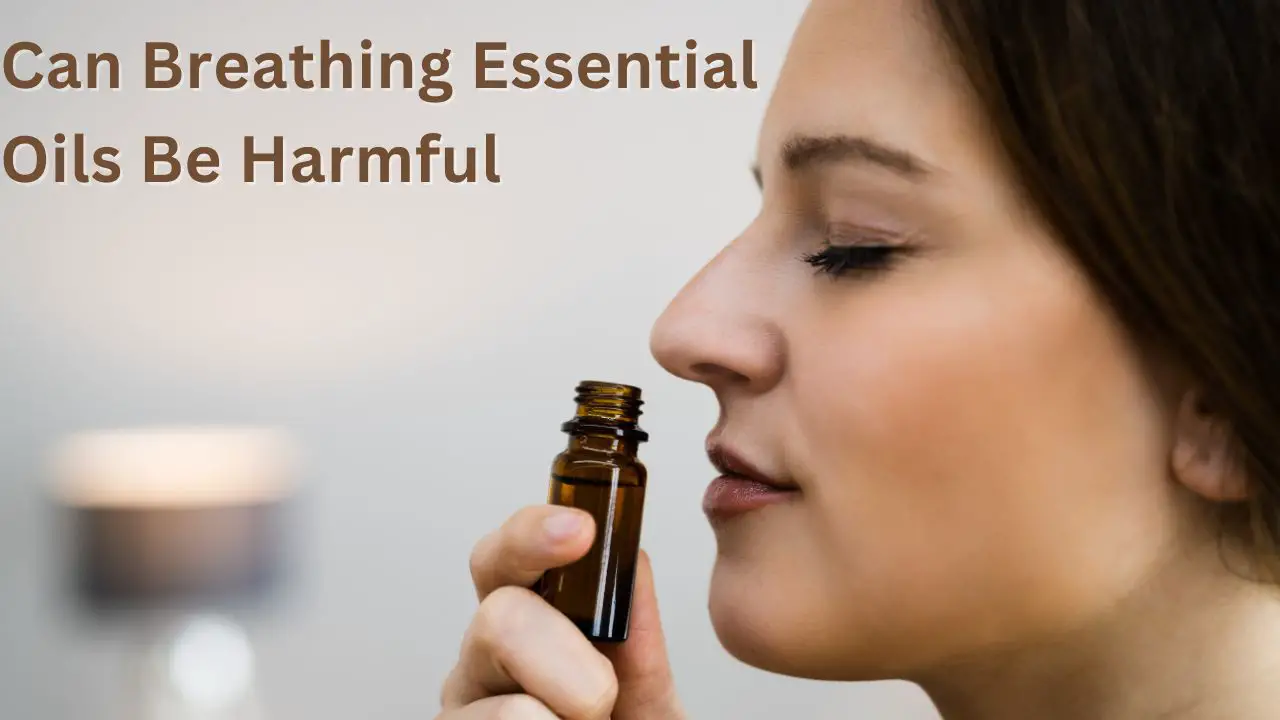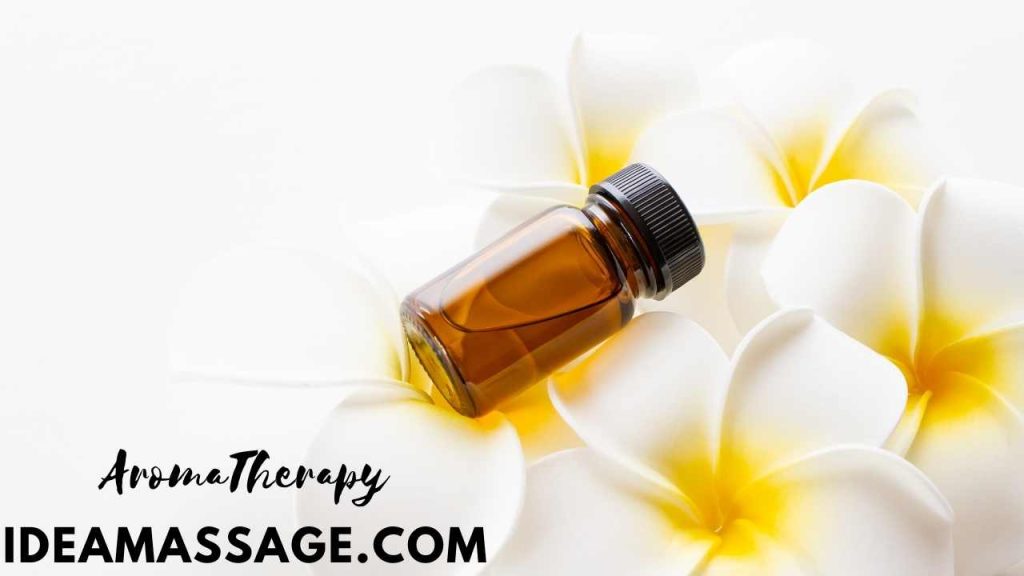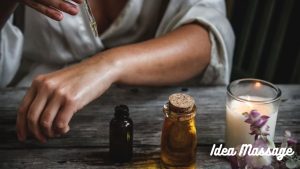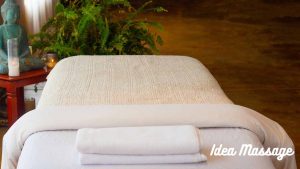
Many people believe that inhaling essential oils will cause health problems. But do essential oils really pose any harm to human beings? Can breathing essential oils be harmful?
Essential oils are powerful natural compounds found in plants. They contain hundreds of molecules with unique chemical structures and properties. These chemicals interact with our bodies in many ways, including stimulating our senses, improving our moods, and providing us with medicinal benefits. Some essential oils even help fight viruses and bacteria.
But despite these amazing qualities, many people fear using essential oils because they worry about the safety of their skin and lungs. In fact, studies suggest that inhaled essential oils might not be as safe as we once thought. However, most experts agree that the risk of adverse effects from essential oil inhalation is very low.
So if you’re interested in learning how to use essential oils safely, then read on.
I’ll explain why you should never breathe in toxic fumes, and I’ll also tell you where you can buy high quality essential oils without worrying about side effects.
Can breathing essential oils be harmful?
The first thing you need to know about inhaling essential oils is that it’s completely safe. You don’t have to worry about harming your body or causing a reaction.
Inhaling essential oils isn’t dangerous for two reasons:
- The concentration of essential oils in an airway is too small to cause damage.
- The amount of time it takes for the essential oils to reach your bloodstream is so short that there’s no chance of them having any effect.
This means that you can safely inhale essential oils anytime you want. And since you won’t experience any negative effects, you can experiment with different types of essential oils at home.
You can use essential oils whenever you feel like it. For example, you could take a few drops of lavender oil before going to bed. Or you could add some lemon oil to your favorite drink when you’re feeling stressed out.
You can also use essential oils during exercise. If you’re working up a sweat, you can apply a drop of peppermint oil to your neck and shoulders. This will help ease muscle tension and reduce soreness after a hard workout.
If you’re worried about the safety of inhaling essential oils, you may be wondering whether you should avoid certain essential oils altogether. Unfortunately, this isn’t possible. There aren’t any essential oils that are 100% safe.
However, most experts agree that inhaling essential oils is unlikely to cause serious health problems. So if you’re still concerned, then just relax.
Where To Buy High-Quality Essential Oils Safely
There are several places online where you can purchase high-quality essential oils. Here are three of my favorites:
Amazon – Amazon has a wide variety of essential oils available. You can choose between brands such as Young Living, DoTerra, and more.
Natures Garden – Natures Garden offers a large selection of organic essential oils. Many of their products are made by reputable companies, which makes them ideal for beginners.
Thrive Market – Thrive Market sells only certified organic essential oils. All of their products come from farms that follow strict guidelines set by the USDA.
What About Toxic Fumes?
Some people think that inhaling toxic fumes is harmless. But this couldn’t be further from the truth. When you inhale toxic fumes, they enter your lungs and travel through your bloodstream. Once inside your blood vessels, these toxins can affect almost every part of your body.
For example, if you inhale carbon monoxide while driving, you might end up experiencing headaches, nausea, dizziness, and even unconsciousness. Toxic fumes can also harm your heart. Carbon monoxide poisoning can lead to irregular heartbeat, chest pain, and other symptoms.
Toxic fumes can also make you sick. They can irritate your eyes, nose, throat, and skin. Some people even develop rashes on their faces and hands.
How Can I Avoid Harmful Fumes?
Fortunately, you don’t have to breathe in toxic fumes to get sick. Instead, you can protect yourself from harmful fumes by using air purifiers, masks, or air filters.
Air purifiers remove contaminants from the air. These include dust particles, pollen, mold spores, pet dander, smoke, and many others.
Air purifiers are especially useful for homes with children or pets. When you use an air purifier, you’ll enjoy cleaner air without having to worry about inhaling toxic fumes.
Can Breathing Essential Oils Be Dangerous
Inhaling essential oils can be very beneficial for our health. They can help us relax, relieve stress, improve mood, and even heal wounds. However, these oils should never be inhaled directly into the lungs because they could cause damage.
There are several different types of essential oils. Some are made from plants, others from animals. There are also synthetic versions that are created in labs.
Some of these oils are safe to breathe in, while others are toxic. It’s important to read labels and understand the risks involved.
Here are some things to keep in mind: Can Breathing Essential Oils Be Harmful?
Breathing essential oils is an easy way to add aromatherapy into your life without spending much money. They are safe and natural and promote wellness.
However, there are some things to keep in mind. First, you should only use pure essential oil blends. Second, avoid inhaling deeply because it could cause irritation in your throat. Third, avoid breathing too long because it can irritate your lungs. Fourth, don’t breathe directly into your eyes, nose, or mouth.
Are essential oils Toxic to the skin?
Essential oils are often used as beauty treatments. People rub them onto their skin to treat acne, eczema, psoriasis, and more.
While essential oils may provide relief, they can also pose potential dangers. For example, some essential oils contain chemicals that can irritate your skin.
In simple words, essentials are not dangerous for normal people’s skin. But if you have any skin disease or skin allergy, then your essential oils may cause issues to your skin. In this scenario, it is recommended to contact your doctor.
What Is The Difference Between Aromatherapy And Essential Oil Therapy?
Aromatherapy is a form of alternative medicine. It involves using scents to promote relaxation and healing. It was developed during the 19th century, but it is an ancient technique to promote wellness. In fact, it was one of the first forms of holistic medicine. Today, aroma therapists use essential oils to create relaxing baths, massage oils, and diffusers.
They also use them to treat various conditions such as anxiety, depression, insomnia, migraines, arthritis, and more. You can learn how to do aromatherapy at home. You just need to find the right essential oils and follow the instructions.
While essential oils mean natural aromatic compounds poured from plants, shrubs, trees, and herbs. That helps us to make our bodies fit, mood relaxation, and other wellness-promoting applications.
In simple words, aromatherapy is an application of essential oils for wellness.
Is Aromatherapy Safe?
Yes, aromatherapy is completely safe. It has been around since ancient times. In fact, people have been using essential oils to soothe themselves for thousands of years. The main difference between aromatherapy and essential oil therapy is that aromatherapy uses scented products. These products are usually made from essential oils. On the other hand, essential oil therapy uses pure essential oils.

Can essential oils be harmful if inhaled
No. Breathing essential oils is not dangerous. However, you shouldn’t inhale them directly into your lungs. This could lead to respiratory problems.
This is why most aroma therapists recommend applying them topically instead of inhaling them.
What happens if you inhale too much essential oil
When you inhale essential oils, they go straight to your bloodstream. If you take too many deep breaths, this could cause headaches, dizziness, nausea, and vomiting.
How To Use Essential Oils Correctly 13 Tips
Before you start using essential oils, make sure you know what you’re doing. Here are some tips to help you get started:
- Read the label. Make sure the product contains 100% pure essential oils.
- Avoid inhaling deeply. Don’t breathe in deeply because it could irritate your throat.
- Keep away from children. Children are especially sensitive to smells.
- Do not ingest essential oils.
- Never apply essential oils to broken skin.
- Only dilute essential oils with water.
- Always keep essential oils out of reach of pets.
- Store essential oils in dark bottles.
- Shake essential oils before each use.
- When mixing essential oils, mix equal parts of carrier oil and essential oil.
- Apply essential oils to clean the skin.
- Wait 30 minutes after application before bathing or showering.
- Wash hands after applying essential
Which essential oils are toxic to Humans
There are few essential oils that are toxic to humans. These include peppermint, eucalyptus, cinnamon bark, clove bud, wintergreen, and ylang-ylang.
However, these oils should never be used on children under 12 months old. They may cause severe allergic reactions.
Do I Need A Prescription For Essential Oils?
Some states require a prescription for essential oils. Check with your state’s laws. If you live in California, you don’t need a prescription to buy essential oils. But, you must register your business name with the State Board of Pharmacy.
Are there any side effects associated with essential oils?
Essential oils are generally considered safe. But, like all-natural remedies, they aren’t without risks. For example, essential oils can cause skin irritation when applied undiluted. You might also experience an upset stomach, headache, or dizziness if you breathe in too much essential oil.
Conclusion
In conclusion, breathing essential oils isn’t dangerous in itself, but you should never use them without knowing exactly what you’re doing. For example, if you’re using eucalyptus oil for respiratory issues, you shouldn’t inhale it directly through your nose. Instead, you should dilute it in water and spray it onto your chest, neck, and face.
The same goes for any essential oil you want to use, whether it’s for aromatherapy or otherwise. Make sure you know where it’s coming from and how to use it safely. Otherwise, you could end up harming yourself!
Hope you have enjoyed the article Can Breathing Essential Oils Be Harmful? If you have questions feel free to contact us.






